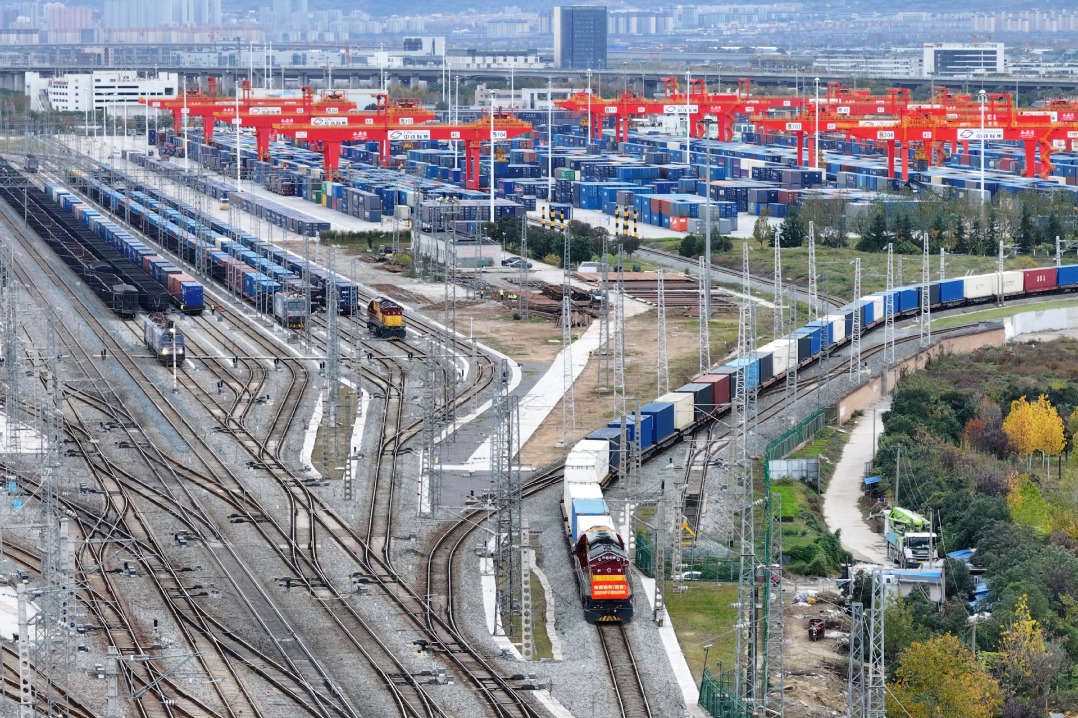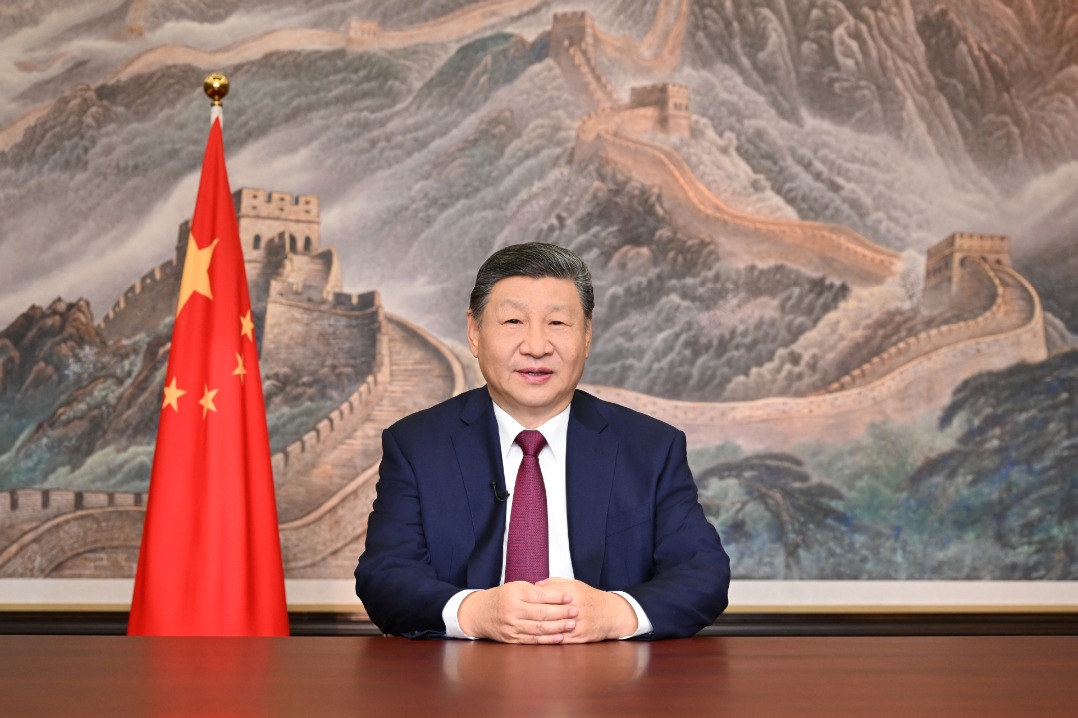Joint efforts stressed on nonproliferation

China's ambassador to the United Nations stressed on Monday that nations should uphold true multilateralism in the global challenge of nonproliferation.
"To address the issue, multilateral cooperation and the leadership of the UN are essential. All parties should uphold a common, comprehensive, cooperative and sustainable security concept; attach importance to each other's legitimate security concerns, eliminate drivers for proliferation and stay committed to universal and common security," said Zhang Jun, China's permanent representative to the UN.
Zhang made these remarks during open consultations on the comprehensive review of the status of the implementation of Resolution 1540. The resolution, adopted in 2004, is the first Security Council resolution on nonproliferation and a major pillar of international nonproliferation efforts, he said.
He urged countries to "defend the authority of the Security Council", and use dialogue and consultation to solve nonproliferation hot spot issues.
"Sanctions alone won't solve these issues or risks. On the contrary, they only lead to escalating tensions and spillover risks. Unilateral sanctions and the so-called long-arm jurisdiction harm the legitimate interests of other countries. They don't have the support of the public and should be abandoned," Zhang said.
The ambassador also called for the consolidation of an international nonproliferation system.
'Major component'
He noted that the Treaty on the Non-Proliferation of Nuclear Weapons, or NPT, is "the cornerstone of the international disarmament and nonproliferation system", as well as "a major component of the postwar international security system".Applying "double standards" or taking "selective approaches" should not be allowed.
"Some countries ignored the objections of the international community, conducted cooperation on nuclear submarines and insisted on introducing weapon-grade nuclear material into the Asia-Pacific, which is a clear violation of the purposes and principles of the NPT and has led to serious nuclear proliferation risks," Zhang said.
The ambassador also supported using science and technology for peaceful purposes. He stressed that conducting international cooperation in that regard is an inalienable right of all states by international law.
Some nations use their nonproliferation mechanism to "impose discriminatory export-control measures on developing countries and heavily engaged in double standards", he said.
Zhang noted that the 76th session of the UN General Assembly adopted a resolution on promoting international cooperation for peaceful uses, which was co-sponsored by China and 26 other states. It called for the removal of restrictions on the right of developing nations to peaceful uses. China welcomes continued and inclusive dialogue on this issue.
He also voiced support for the creation of "a reasonable program of work" by the 1540 Committee and to objectively evaluate all countries' implementation of the resolution.
He said the committee should emphasize proliferation risks caused by emerging technologies and provide effective recommendations to address risks and challenges. It should further promote international cooperation, improve its assistance programs, and facilitate the resolution's full implementation.
Today's Top News
- New Year's address inspiring for all
- Xi congratulates Science and Technology Daily on its 40th anniversary
- Xi congratulates Guy Parmelin on assuming Swiss presidency
- China Daily launches 'China Bound'
- Manufacturing rebounds in December
- PLA wraps up military drills around Taiwan






























